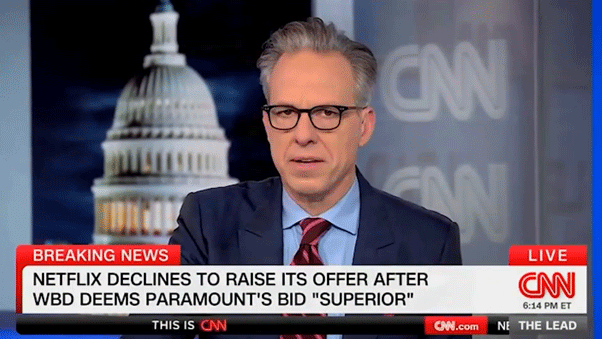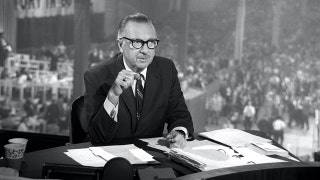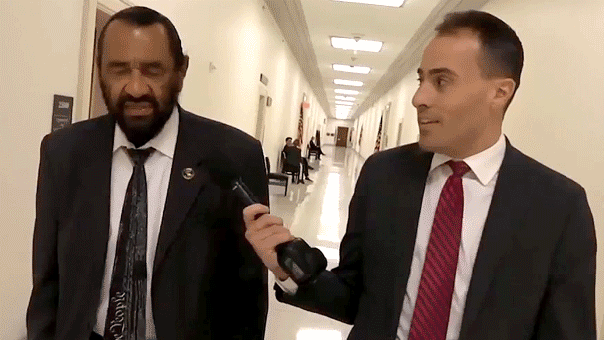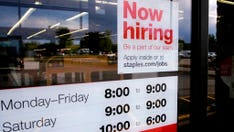Media top headlines May 19
President Biden joking about running over a reporter and more round out today's top media headlines.
The Los Angeles Times became the focus of intense online criticism Wednesday over a column it published claiming coronavirus lockdowns didn't hurt the economy.
Michael Hiltzik, a business columnist for the liberal paper, attempted in his Wednesday column to refute claims that protecting small businesses from economic losses should be balanced with public health gains from stay-at-home-orders.
"The problem with this argument is that there’s very little evidence that lockdowns themselves damaged local economies more than individual behavior that would have happened anyway, lockdowns or not. Nor is there much evidence that lifting lockdowns produced a faster recovery," Hiltzik wrote.
NY RESTAURANT OWNER FORCED TO CLOSE ALL LOCATIONS DUE TO WORKER SHORTAGE
The paper was blasted on social media with reactions to the perplexing claim.
Hiltzik went on to argue that the reason lockdowns didn't harm the economy as much as one would expect was because people chose to either stay at home, or only go to businesses they felt safe shopping at.
"In short, it wasn’t government policy that kept people home. It was fear," he continued, before criticizing Gov. Ron DeSantis, R-Fla., and Gov. Greg Abbott, R-Texas, for taking "credit for a post-pandemic economic miracle" following their decisions to reopen their respective states, becoming some of the first to do so, along with Mississippi.
"No amount of political posturing about the need to get people into crowded restaurants and bars to save business owners will make that happen any more quickly," Hiltzik said.
CLICK HERE TO GET THE FOX NEWS APP
Seemingly in contrast to Hiltzik's arguments the economy wasn't harmed, he made no mention in his column of the millions of jobs lost due to the lockdowns. He also only made reference to the need for unemployment benefits while criticizing Republican governors for supposedly not caring about the welfare of working-class Americans, citing the expected halt of some states accepting federally enhanced unemployment benefits to fight the labor shortage, which he also denied was real.











































